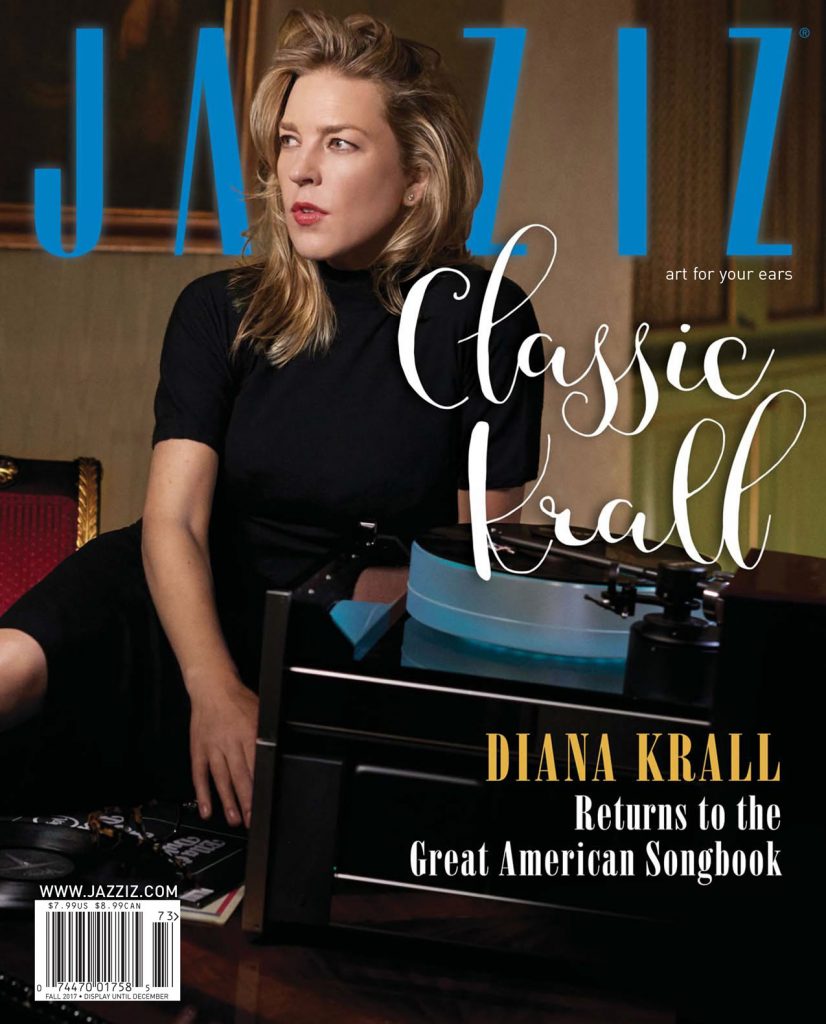 While younger music fans may have a hard time believing it, Taylor Swift is not the first music star to release a print magazine in support of a new music release.
While younger music fans may have a hard time believing it, Taylor Swift is not the first music star to release a print magazine in support of a new music release.
Swift, who is dropping her Reputation title to coincide with the November release of her LP of the same name, is making use of print to share a deeper look at herself, with pages of handwritten lyrics, tons of self-styled images and basically everything that Swift’s army of fans crave. As a piece of marketing, it’s brilliant stuff.
Yet Michael Fagien of JAZZIZ notes that the idea of bundling print with music goes back decades.
“The credit for delivering a new album with print media—including stories, art, photography and related content—goes to jazz impresario Norman Granz, who didn’t do it to promote his own image,” Fagien explains.
“Back in the ’50s, Granz produced jazz records for emerging artists (Charlie Parker, Billie Holiday, Louis Armstrong, Ella Fitzgerald and so many more) packaged in beautiful boxes and in album jackets with artful covers, typography, pages of stories and imagery that gave the listener an immersive experience and a deeper understanding of jazz culture,” he continues.
Fagien takes a few shots at the self-absorbed culture embodied by Swift in this age of digital celebrity, and longs for a deeper use of print, as a way to educate and change the world.
“One thing that music history teaches us is that, typically, it’s those who don’t take themselves too seriously or call attention to themselves outside their areas of expertise (or who aim to be rock stars) who stand the test of time because they actually have something to say,” he explains.
Of course, Taylor is still young. Maybe if Granz had access to Instagram back in the ‘50s, it would have taken him longer to develop a more soulful approach. Who knows. One thing we do know is that artists have long turned to print for more in-depth exposure for. And that continues today.
“As the Internet has turned general-interest magazines into a commodity, special interest magazines are the future of print. If recording artists want to be writers, they’d be better off focusing their energy on writing good songs,” Fagien continues. “And if by chance they also have the ability to write stories or publish magazines, let them use their celebrity status to do so with words that are inspiring to read. That’s what good magazines do.”
